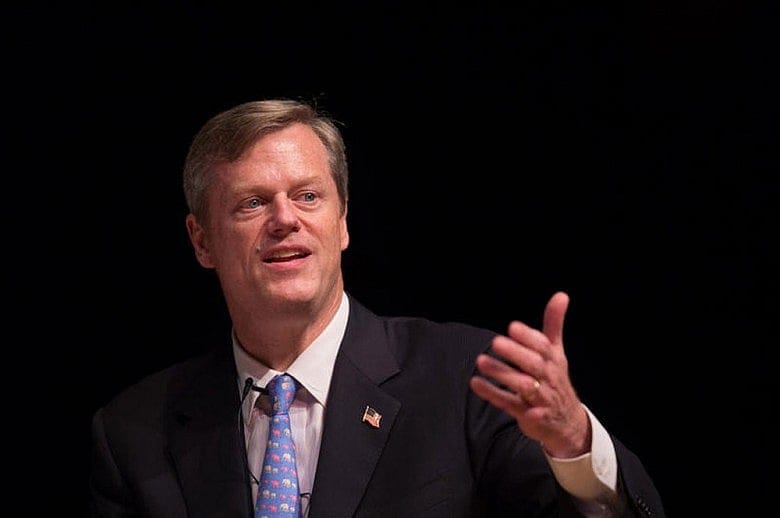Baker names three judges as picks for state’s top court

BOSTON – Massachusetts Gov. Charlie Baker on Tuesday named three Superior Court judges with extensive prosecutorial backgrounds as his picks for seats on the Supreme Judicial Court, seeking to elevate experienced jurists in a rare opportunity for a governor to shape the court so early in his first term.
Baker, in a news release Tuesday, said he will nominate Superior Court Judges David Lowy, Kimberly Budd and Frank Gaziano. The nominees will have to go through a confirmation process before the Governor's Council prior to taking their seats on the top court.

